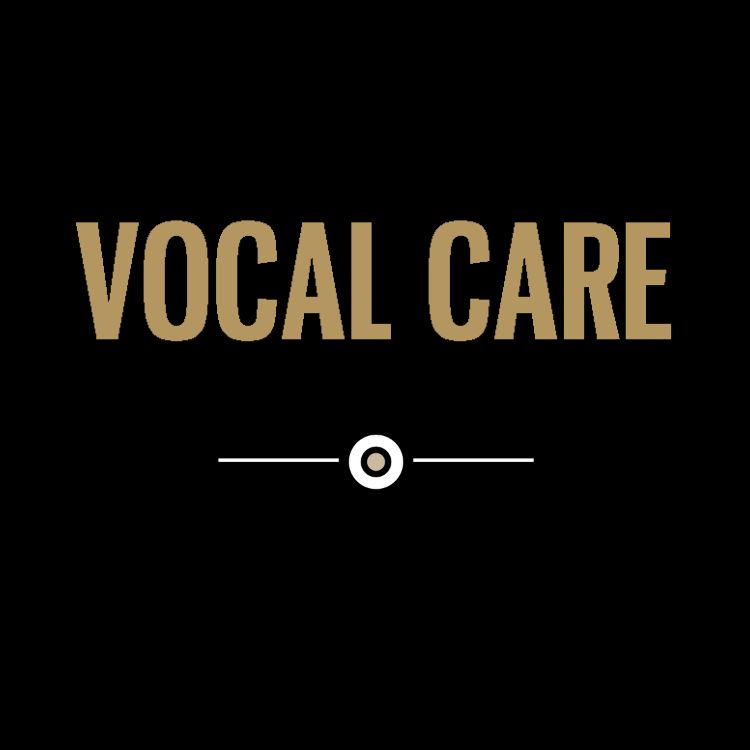The buzzing of bees. Gentle morning birdsong. The sputter of lawn mowers coming out of hibernation. The whoops of children play outdoors – early summer has its very own soundtrack, and it’s one that we love to hear.
In the Vocalzone office, we add snuffles and sneezes to the mix, as hay fever season takes hold.
As a company with several hay-fever sufferers on the staff, we have a keen interest in the topic* and are always on the lookout for any tips and tricks to make the summer months more bearable.
We also know from our many customers that hay fever can impact your singing, as is the case with any upper respiratory tract condition. Some common symptoms include sneezing and coughing, runny/blocked nose, itchy eyes, throat, nose, mouth and ears.
Here are some of our top tips to help stop hay-fever derailing your summer of singing.
- Keep on top of your hay fever!
Often easier said than done, we know, but it goes without saying that the better controlled your hay fever symptoms, the less likely they will have an impact on your singing.
It’s beyond our expertise to make any recommendations about managing your hay fever, but your local pharmacy is usually a good place to start. Pharmacists can also advise on whether any treatments are likely to dry the mouth and throat.
- Make sure you have the vocal health basics nailed down.
It should go without saying, but if you aren’t taking the basic steps to protect your voice, then any additional irritation posed by something like hay fever will have a bigger negative impact.
Drinking plenty of water, getting enough sleep, avoiding smoking and eating a balanced diet are all basic steps that help to underpin good vocal health.
- Warm-up and listen to your body.
We always recommend warming up your voice before singing, but this is even more important when dealing with added irritation.
Likewise, if your voice is struggling then it’s important to rest, rather than singing through discomfort or strain.
- Be mindful of your environment.
There is lots of advice out there for singers about avoiding things like excessively dry environments, but if you’re a hay fever sufferer, it’s important to consider things like pollen-levels too.
Lots of weather forecasts helpfully include the pollen levels, and it might be worth avoiding singing on days or in locations where the pollen levels may be high. It’s also a good idea to keep windows shut on high pollen days. - Keep a record. We are all different, so it is always worth keeping a note of how you feel, what things you are trying/omitting and how your body responds, the weather etc. when singing with hay fever. This will help you spot any patterns or clues as to what works best for you and your voice.
As with any health condition, never hesitate to seek professional medical advice.
We hope these tips help and would love to hear what works for you.
Here’s to a summer of singing, not sneezing.
* Funnily hay fever was also a key area of interest for William Lloyd, the inventor of Vocalzone, who wrote Hay-Fever, Hay-Asthma: Its Causes, Diagnosis and Treatment in 1907.
